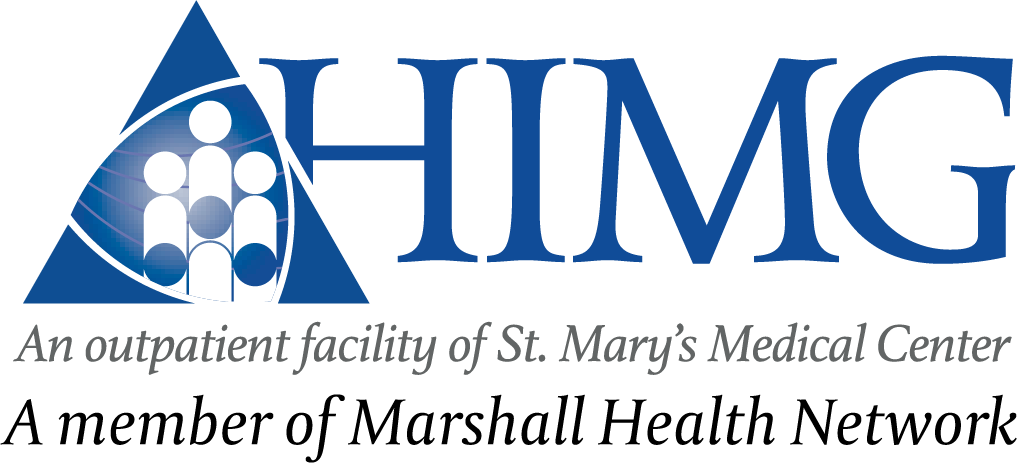Nuclear medicine is the use of a small amount of radioactive material to help diagnose a wide variety of diseases and disorders. The radiation dose that the patient receives is usually less than a routine chest X-ray.
We offer a variety of nuclear medicine services ranging from cardiac imaging to bone scans.
During a nuclear stress test
A nuclear stress test measures blood flow to your heart at rest and while your heart is working harder as a result of exertion or medication. A radioactive dye is injected into your bloodstream through the IV. First, images will be taken of your heart at rest. Then, after you’ve exercised or been given medication to stimulate your heart, you’ll receive more radioactive dye through the IV. You’ll again lie on a table while a scanner similar to an X-ray machine creates images of your heart muscle. The two sets of images allow your doctor to compare the blood flow through your heart while you're at rest and while your heart is pumping harder as a result of exercise or medication.
During a nuclear bone scan
During a nuclear bone scan a small amount of radioactive dye (tracer) is injected into your bloodstream through the IV. Areas of the body where cells and tissues are repairing themselves most actively take up the largest amounts of tracer. Nuclear images highlight these areas, suggesting the presence of abnormalities associated with disease or injury.
Some images may be taken immediately after the injection. You will need to wait for two to four hours, however, before the main images are taken, to allow the tracer to circulate and be absorbed by your bones.
You’ll be asked to lie or still on a table while a device supporting a tracer-sensitive camera passes back and forth over your body. The procedure is painless. A scan of your entire skeleton usually takes less than 30 minutes. Scanning a limited area of your body takes less time.
After a nuclear stress test or bone scan
When the test is complete, you may return to normal activities unless your doctor tells you otherwise. The radioactive material will naturally leave your body in your urine or stool, but drinking plenty of water will help flush the dye out of your system.
HIMG is an outpatient facility of St. Mary's Medical Center.



